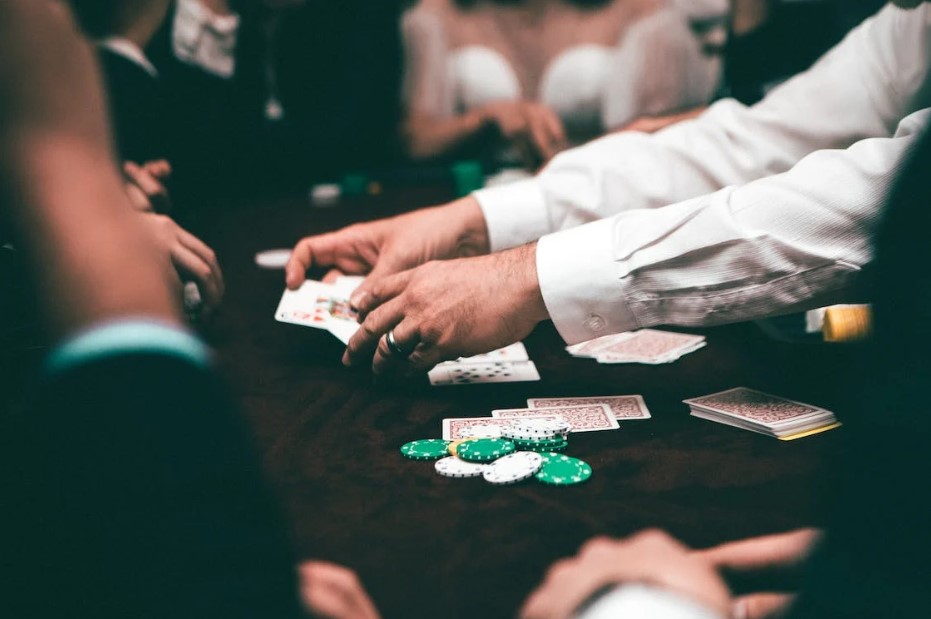Mental Health: A Key Player in Poker Success
Professional poker isn’t just about skill and strategy. Mental health plays a pivotal role in a player’s performance. Consistent pressures and high stakes in poker can lead to stress and anxiety. These emotional states, if unmanaged, negatively affect decision-making and risk assessment. Moreover, the solitary nature of professional poker often contributes to feelings of isolation, impacting a player’s mental well-being.
Psychology of Poker: More Than Just a Game
Understanding the psychology of poker goes beyond bluffing and reading opponents. It involves recognizing the influence of one’s mental state on gameplay. Players with robust mental health are often more adept at handling losses, maintaining focus, and making calculated decisions under pressure. Conversely, players struggling with mental health issues may find it challenging to stay disciplined, control emotions, and recover from setbacks.
The Role of Mental Resilience in Poker
Mental resilience is crucial in the world of professional poker. Players face unpredictable scenarios and must adapt quickly. Those who can maintain composure and rational thinking during high-tension moments are more likely to succeed. Mental resilience also helps players endure the variances and uncertainties inherent in poker, enabling them to play consistently over time.
Stress Management: A Must for Poker Professionals
Managing stress is essential for poker players. The high-stress environment of professional poker can lead to burnout, impacting both mental health and performance. Successful players often incorporate stress management techniques into their routines. These might include physical exercise, meditation, or engaging in hobbies outside poker. Such practices help in maintaining a balanced mental state, which is essential for long-term success in poker.
The Impact of Lifestyle Choices on Mental Health
Lifestyle choices significantly affect a player’s mental health. Regular physical activity, healthy eating habits, and adequate sleep contribute to better mental health. Players who neglect these aspects may find their mental acuity and emotional stability compromised. A balanced lifestyle supports mental well-being, aiding in better focus and decision-making at the poker table.
Coping with the Highs and Lows of Poker
Poker is a game of highs and lows. Players must learn to cope with both winning and losing streaks. Those unable to manage the emotional rollercoaster often struggle with consistency. Effective coping strategies include setting realistic goals, maintaining a positive mindset, and seeking support from peers or mental health professionals.
Navigating Emotional Stability in Poker
Emotional stability is a key factor in poker. Players who can control their emotions are better positioned to make clear, rational decisions. This control is not just about suppressing negative emotions but also about not getting overly excited by success. Emotional regulation helps in maintaining a steady approach to the game, regardless of short-term outcomes.
The Role of Mental Preparation
Mental preparation is a crucial aspect of poker. Players often engage in mental exercises to enhance focus, increase concentration, and improve decision-making skills. Techniques such as visualization, meditation, and cognitive behavioral strategies are common. These practices help players prepare for the mental challenges of the game, enabling them to approach each session with a clear and focused mind.
Building a Support System
A strong support system is beneficial for professional poker players. This system can include coaches, fellow players, friends, and family. They provide not just technical support but also emotional and mental support. Having people to discuss strategies, share experiences, and receive encouragement from can make a significant difference in a player’s mental health and overall approach to the game.
Conclusion
In professional poker, mental health is as important as skill and strategy. Players must prioritize their mental well-being to maintain peak performance. Effective stress management, mental resilience, and balanced lifestyle choices are key factors. By acknowledging the mental demands of poker and addressing them effectively, players can enhance their performance and enjoy a more fulfilling career in the sport.
